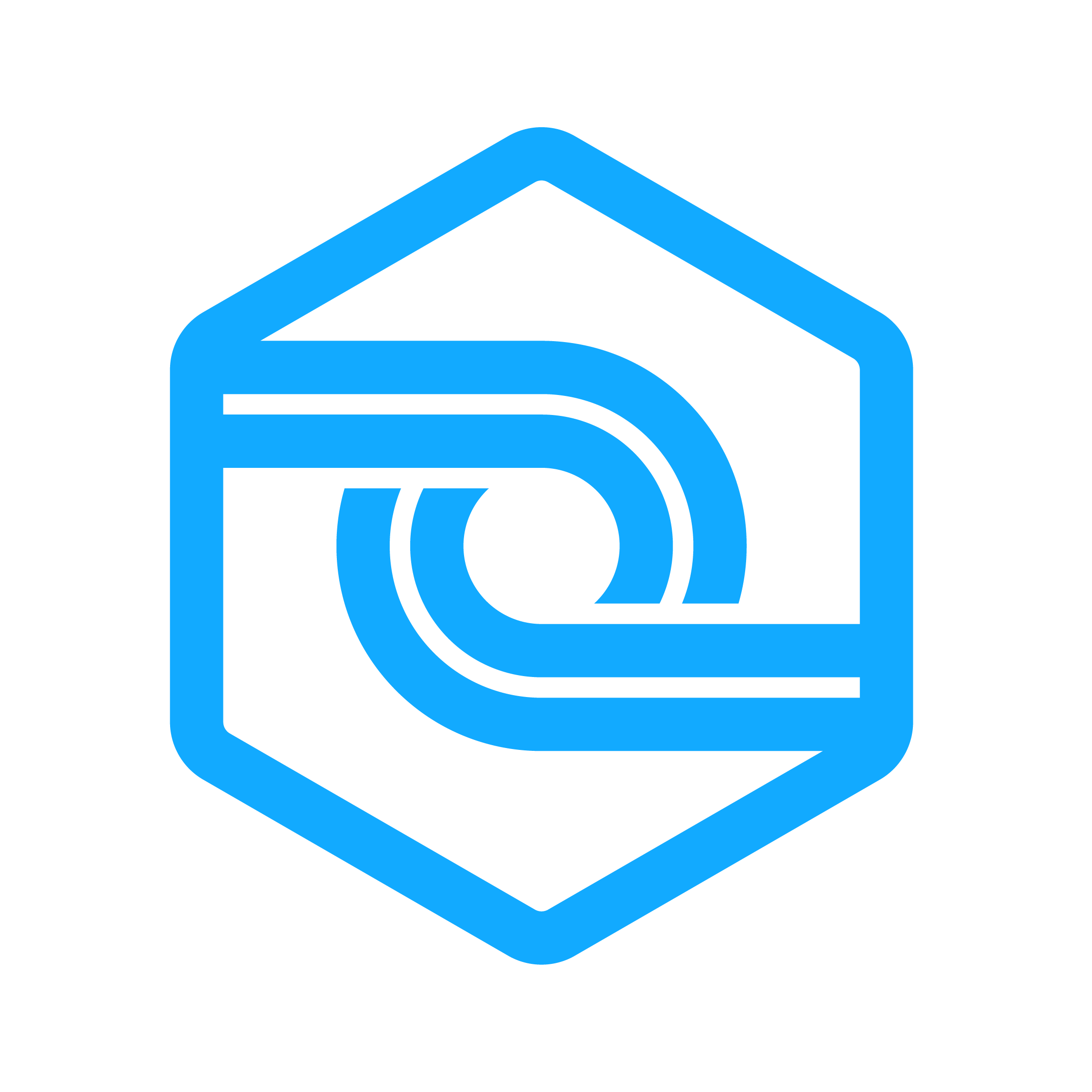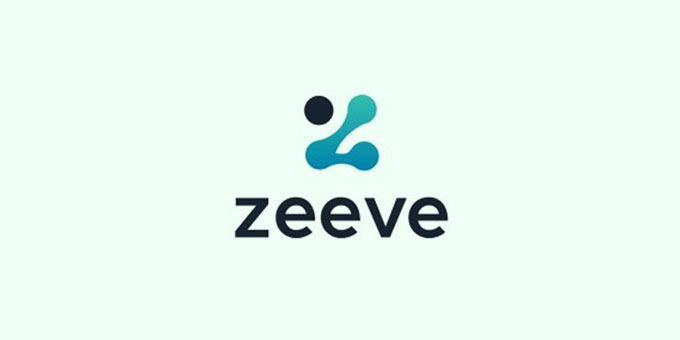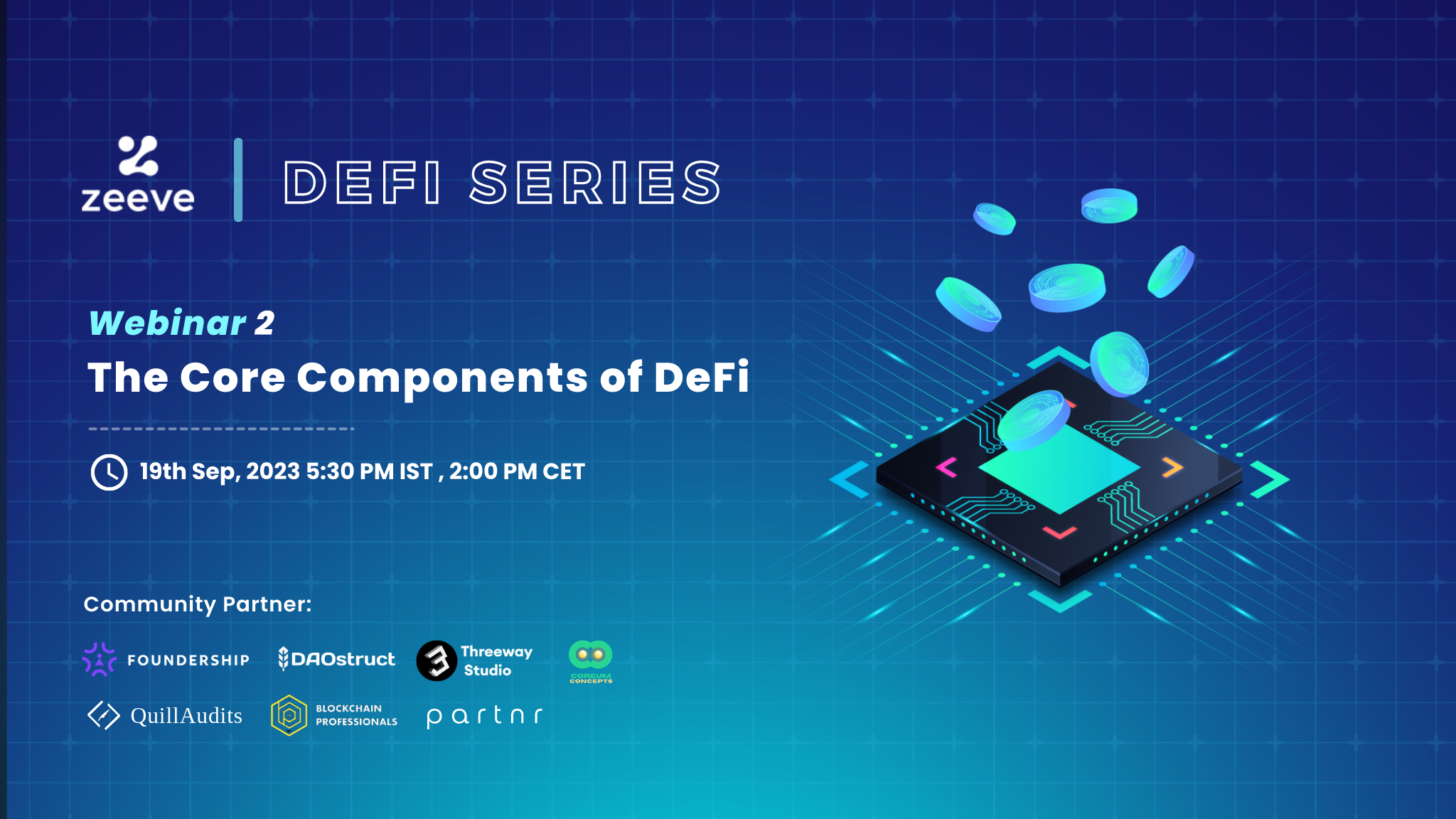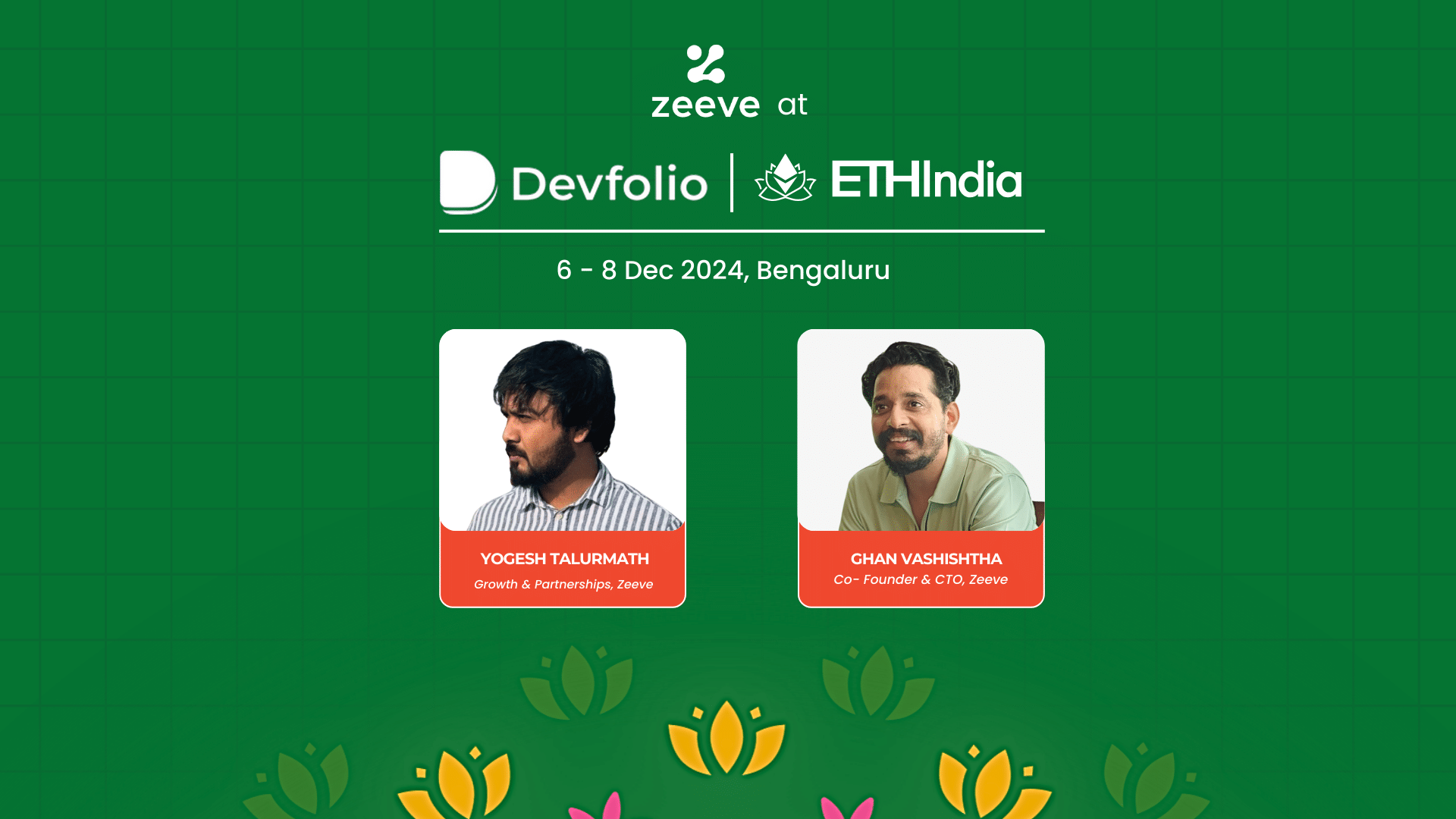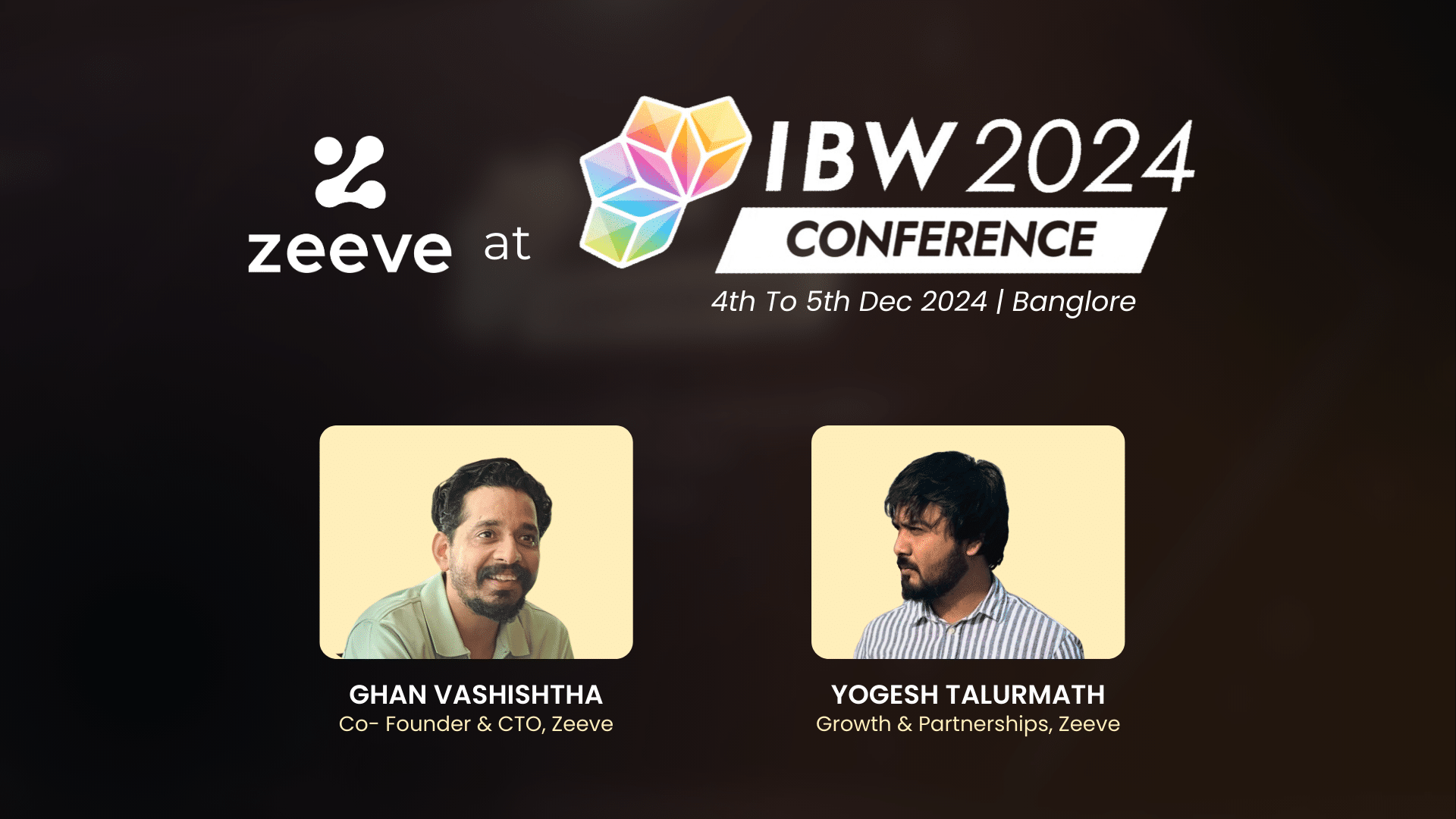On 19 Sep 2023, Dr. Ravi Chamria (CoFounder & CEO, Zeeve) and Alik, Blockchain Professional, conducted an insightful webinar on “The Core Components of DeFi.”
Alik enthusiastically introduces the collaboration between blockchain professionals and Zeeve, which is dedicated to exploring the intricacies of decentralized finance (DeFi). Dr. Ravi Chamria takes the stage to guide us through the fundamental aspects of DeFi in this webinar.
Building on the groundwork laid in the previous episode, where they discussed the foundational elements of DeFi infrastructure and the pivotal role of blockchain’s decentralized ledger, today’s discussion led by Dr. Ravi, delves deeper into the core components of DeFi.
Covering a spectrum of DeFi primitives, the discussion encompasses transactions, tokens (fungible, non-fungible, and semi-fungible), custody and escrow services, supply adjustments (minting and burning), incentives, decentralized exchanges, and staking rewards and penalties.
Dr. Ravi highlights the atomic nature of transactions in DeFi, ensuring reversibility in case of failures. Gas fees are critical as incentives for validators and miners executing smart contracts. The mempool, housing pending transactions, introduces challenges like front running, prompting some blockchains to address these issues through privacy measures.
He also explains tokens in DeFi adhere to various standards, with fungible tokens representing exchangeable assets and non-fungible tokens representing unique assets. Semi-fungible tokens transition between fungible and non-fungible based on specified conditions. Standards such as ERC-20, ERC-721, and ERC-1155 enable diverse financial products and applications.
Dr. Ravi highlights how smart contracts govern custody and escrow services in DeFi, ensuring the trustless execution of agreements. Escrow contracts secure assets until predefined conditions are met, granting users control over their assets even within the contract.
He also discusses supply adjustments involving minting new tokens or burning existing ones. Minting may occur through mining rewards or as incentives for specific user actions, while burning renders tokens permanently unusable, serving deflationary purposes, or as a disincentive for undesirable behavior.
Dr. Ravi discusses how incentives and disincentives form integral components of DeFi systems. Staking, where users lock up tokens to participate in network operations, rewards participants with additional tokens or a share of transaction fees. Penalties may be imposed for malicious behavior or failure to fulfill staking responsibilities, discourage harmful actions, and maintain network integrity.
He even mentions that decentralized exchanges, employing order book matching or automated market makers, facilitate continuous token trading without relying on a central authority. Traders pay fees, serving as rewards for liquidity providers and incentivizing continued liquidity provision.
Lastly, Dr. Ravi concludes the webinar by emphasizing how DeFi primitives equip individuals with valuable insights for navigating the decentralized financial landscape and actively participating in the dynamic world of blockchain-based finance.
Alik then wraps up the discussion and thanks the viewers for participation.
He then invites the audience to participate in an interactive session, encouraging questions and further discussions.
Remember to subscribe to Zeeve’s YouTube channel for regular updates and more captivating content in your inbox.
To build on Zeeve – https://app.zeeve.io/
To visit Zeeve’s Twitter- https://twitter.com/0xZeeve
To visit Zeeve’s LinkedIn- https://www.linkedin.com/company/0xze
To visit Zeeve’s medium- https://medium.com/zeeve
To visit Zeeve’s telegram- https://t.me/ZeeveDeeptech
To get in conversation with us, visit – https://www.zeeve.io/









